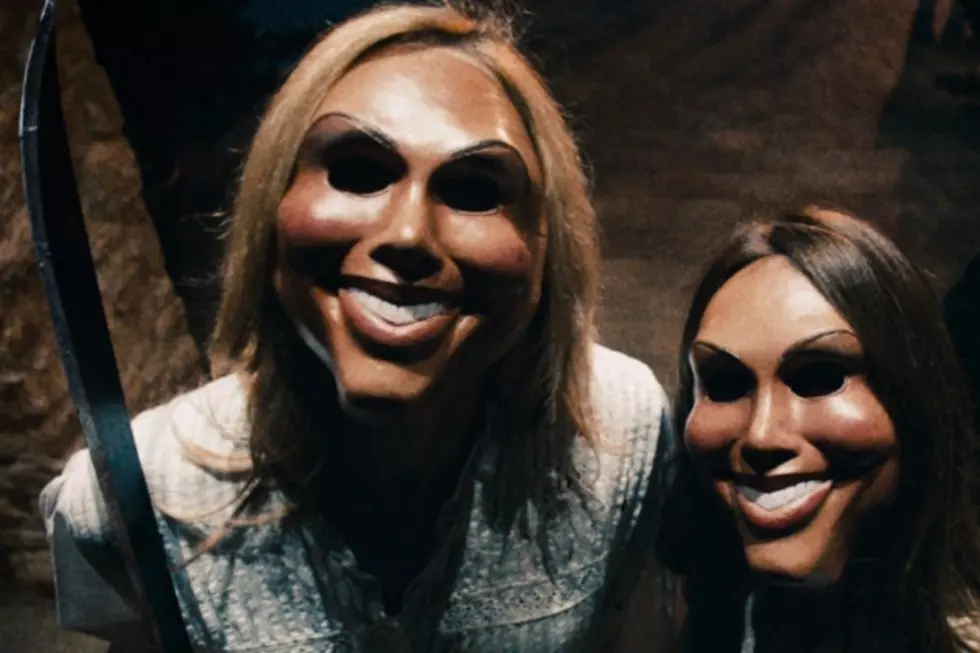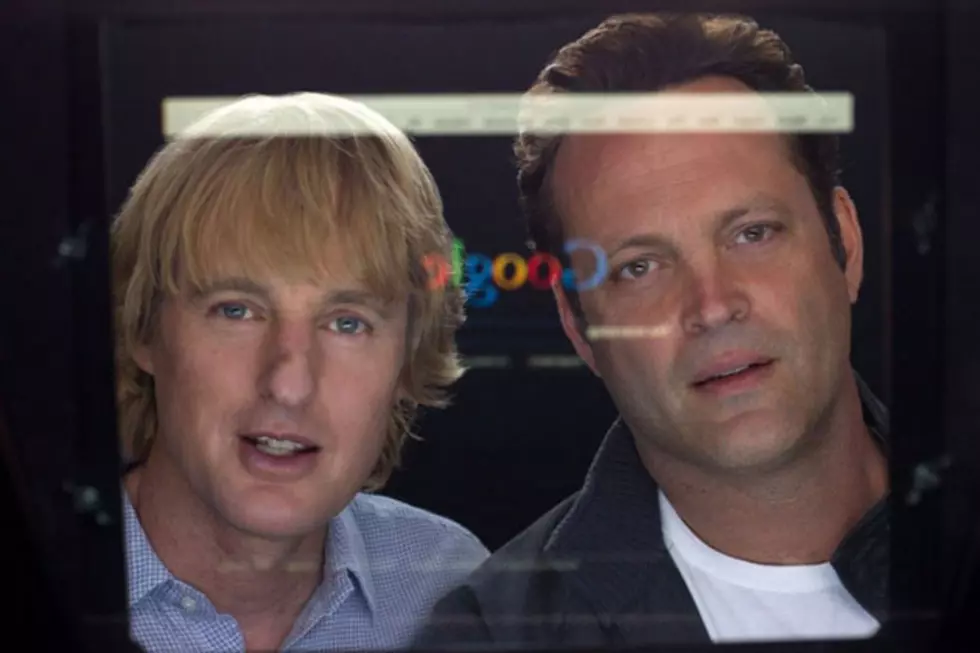
Go for Broke: How ‘The Internship’ and Other Comedies Found Laughs in Hard Times
Times are tough, but that doesn't mean we can't all have a good time at the movies, even if the movies are all about how tough the times are. Poverty has long been a solid catalyst for movie plots, especially comedy plots. The following films bear this theory out, as all either feature poor characters or focus on economics in some fundamental way. And this is just a mere sampling of the many films to find the humor in economic ruin.
- 1
'The Internship'
So the economy is in the toilet. You need to get back on the horse, but you're no longer a young buck filled with endless potential. Not only that but the world you knew has moved on, replaced by a tech-heavy nightmare you don't even understand. This is the premise for 'The Internship,' which finds life partners Owen Wilson and Vince Vaughn starting their professional lives over with an internship at Google. So, it's a fantasy.
- 2
'Gung Ho'
The blue-collar American way of life (long lunch breaks at the bar, free-flowing disability pay, labor unions with backbone) gets put to the test when Japanese businessmen take over a car factory in this 1980s Ron Howard film. Though 'Gung Ho' exploits American fear of Japan's rising economy and our own economic vulnerability, it all comes together in a happy ending that manages to bridge both cultures together. We make cars with our hearts, yo.
- 3
'Brewster's Millions'
The central premise behind Walter Hill's' Brewster's Millions' grows more intoxicating the poorer you are when you watch it, which is probably why this is the seventh film iteration of the basic story. Richard Pryor plays a down-on-his-luck, minor-league baseball pitcher who inherits $300 million from a distant relative but only under the condition that he spend $30 million in just 30 days. The resulting film may not be the best comedy of all time, but it's fun just for the sheer fantasy of it all.
- 4
'The Gold Rush'
Charlie Chaplin's the Tramp was always a poor hero, but his poverty was never illustrated so well as in 'The Gold Rush.' Starving inside a snowed-in cabin, the Tramp resorts to boiling and eating his own shoes (they were actually made of licorice). Meanwhile, the other guy in the room, Big Jim, grows so delirious with hunger that he begins seeing the Tramp as a giant chicken. It's the Donner party all over again.
- 5
'Withnail & I'
Sometimes there's nothing to do about tough times but drink. Whether or not this poverty was caused by drinking in the first place is beside the point. Or maybe it is the point, but it's one better ignored than dwelled upon. 'Withnail and I''s drunken trip out into the country does not exactly provide the best prescription for beating poverty, but when it's all over you kind of miss it anyway.
- 6
'The Hudsucker Proxy'
While 'The Hudsucker Proxy' spends most of its running time surrounded by characters living the high life, the Coen Brothers aren't shy about displaying a rather cold and ugly side to poverty. So when Tim Robbins' Norville Barnes gets pulled from this pit of endless pay cuts and penalties, you almost don't care that it's only so he can play fall guy to a greedy Paul Newman. Being a patsy is far better than being poor.
- 7
'Office Space'
Wearing a tie and spending your days in temperature-controlled environments does not save you from the dehumanization that comes with the daily grind of peon work. When data-entry drone Ron Livingston decides to abandon fear of getting fired, he finds himself more successful than ever, while his rule-obeying pals all get laid off. Luckily, there are always crazies around to even the odds by burning the place to the ground.
- 8
'The Cocoanuts'
When it comes to The Marx Brothers, Harpo and Chico are perpetually on the broke side of fixed. Groucho, on the other hand, tends to have higher stations in life, even if he gets them dishonestly and they don't often last long. In 'The Cocoanuts,' Groucho owns a ton of bad Florida resort land, which he needs to unload onto as many suckers as possible as fast as he can before the bubble caused by the 1920s Florida land boom bursts. His attempt to auction off these parcels of land doesn't really succeed but stands as one of the greatest Marx Brothers scenes ever.
- 9
'Kung Fu Hustle'
Before 'Kung Fu Hustle' becomes a Looney Tunes version of a 'Dragonball Z,' it opens as a Looney Tunes version of John Steinbeck's 'Cannery Row.' The denizens of Stephen Chow's Pig Sty Alley don't even have toilets (either that or one of them just doesn't have any common sense). But what they lack in money, they more than make up for in retired masters of kung fu.
- 10
'Stripes'
As many Americans have discovered, when you're really down and out financially, there's always the Army. That's the central premise of this 1980s classic, which finds a broke Bill Murray and his nearly broke pal, Harold Ramis, joining the armed forces where they have to endure the hardship of watching John Candy mud wrestle. It's way funnier than it sounds.
More From ScreenCrush









